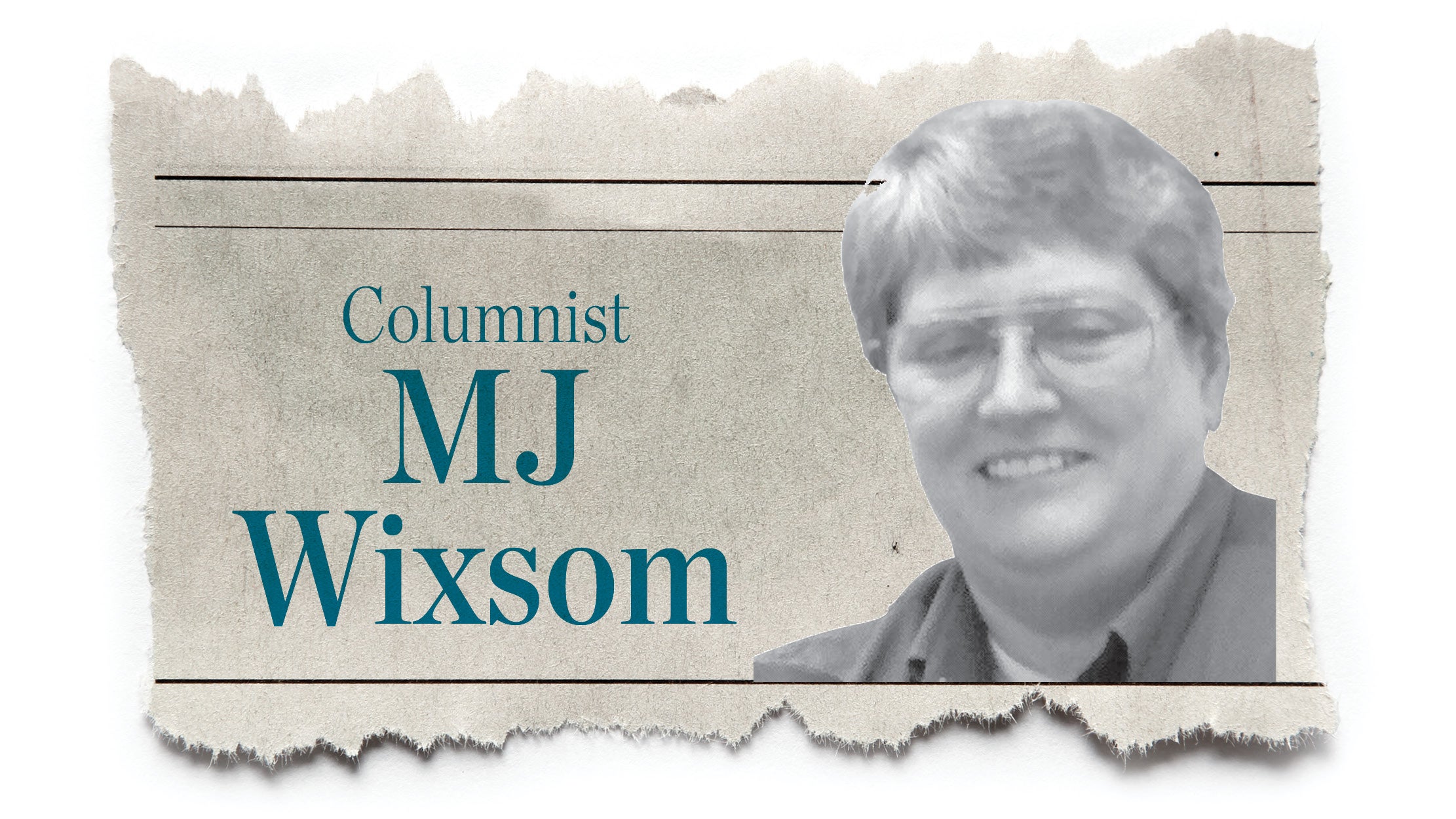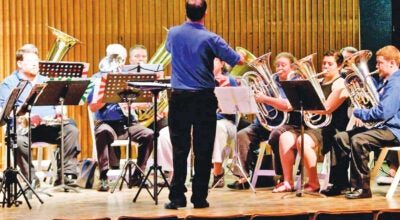Why diversity?
Published 12:00 am Sunday, May 8, 2011
In a recent discussion about race and diversity a colleague pointed out to the group that we are all of one race and that is the human race.
While I of course agree with him, I do believe that within the human race there are differences and distinctions that show our unique strengths and perspectives which add to the larger community.
In most circles diversity has traditionally been defined by race and gender, but many people are defining diversity in a broader sense to incorporate the array of “differences,” not deficiencies that exist. After the dialogue with my colleagues, I began to think about how I define and understand diversity and why it’s so important.
Diversity has become one of the most often used words in society. It is invoked in discussions about policies, curriculums and politics. Diversity involves respecting, valuing, and empowering others.
Many times it requires that we challenge ourselves to reexamine our most fundamental assumptions about those who are what we consider to be different.
Often I hear that Lawrence County doesn’t have much diversity, and I explain to people that if you base that belief on race and ethnicity alone then you don’t understand what diversity truly is.
Diversity focuses on a broader set of qualities than race and gender. Dimensions of diversity encompass the whole range of human experiences including age, sexual orientation, physical abilities, religious beliefs, socio-economics, and more.
These dimensions of diversity shape the framework within which people see the world and operate in their everyday lives.
Contrary to what some believe, diversity is not affirmative action or quotas, and recognizing diversity does not mean that we agree on everything all of the time. I once heard a presenter compare diversity to the human body.
Just like the human body, where each organ, limb, and member has a specific set of capabilities and functions, so too does each person have a specific set of capabilities and functions. Like the organs of the body, not all people can do the same thing, nor can any single person do everything.
The unity of the human body would not be possible if every part were identical and carried out the same function, so too for the human race. A true recognition of diversity understands that you are not giving up anything but gaining a world that may not look, talk, or worship like you, but is open and motivated to work together for the common good of all.
A true understanding and appreciation of diversity provides for the full utilization of all people. When we allow everyone to the table, regardless of our differences, we build a stronger community by increasing our levels of creativity and heightening our problem-solving and decision-making potential.
Diversity opens the door for a greater interaction and competiveness on a local and global scale. In an article I recently read by Hector Ortiz, president of the Latino Hispanic American Community Center, Harrisburg, PA., he underscores the importance of understanding diversity by noting, “in a world populated with differences, embracing diversity is not just a common-sense decision; it is the foundation of our country and the essence of our development as a great nation. “
I believe one of our most fundamental responsibilities, in particular for institutions of higher education, is to create opportunities where people from diverse backgrounds learn from and with one another. The American Council on Education explains that diversity enriches the educational experience: “Students learn from those whose experiences, beliefs, and perspectives are different than their own. Diversity promotes personal growth and a healthy society. It challenges stereotyped preconceptions, encourages critical thinking, and helps students communicate effectively with people from varied backgrounds.”
In recognizing diversity our goal is to empower and create well-rounded students that have the skills and mindset to successfully move throughout the world.
Ohio University’s President Roderick J. McDavis underscored the university’s ongoing commitment to promoting diversity by citing its importance in his 2004 inaugural address.
He stated, “A climate that represents and embraces different cultures enhances Ohio University’s ability to provide all of its students with the experiences necessary to successfully compete and achieve in an increasingly diverse and complex society. There is no better way to learn about the world than to create an environment where students of diverse backgrounds—and indeed, students from all over the world—study, live, learn, and socialize together.”
In order to define, understand, and recognize the importance of diversity we must first begin with a core belief that everyone deserves dignity and respect.
We must be willing to understand the importance of diversity in our lives, families, and communities, and we must be open, willing to learn and be enriched by the uniqueness that each of us has to offer. As witnessed throughout this nation’s history, its beauty and strength is made up of people from all over the world and all walks of life. Our very motto recognizes the importance of diversity and its promise to all, E Pluribus Unum; Out of Many, One!
Robert Pleasant, Jr. is director of student services and coordinator of diversity and multi culturalism at Ohio University Southern




